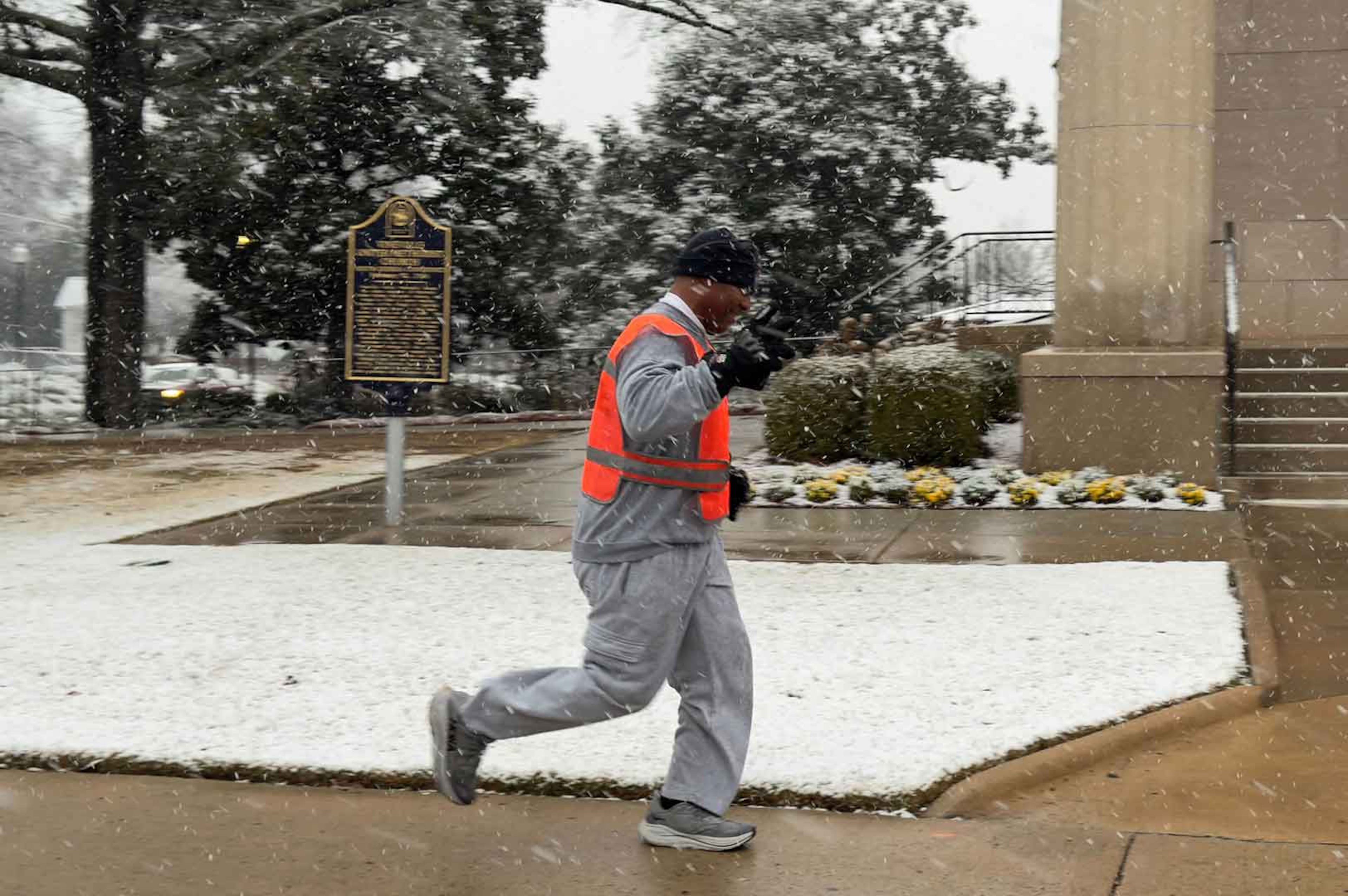‘Like a hurricane’: Atlanta attorneys warn immigrants of Trump return
A group of family and immigration lawyers gathered in metro Atlanta last month to warn immigrants who lack legal status about the looming threat of wide-scale immigration enforcement under President-elect Donald Trump.
During a Dec. 15 attorney roundtable at the Latin American Association — one of the largest immigrant-serving nonprofits in the region, headquartered on Buford Highway — speakers compared the coming administration’s likely impact on immigrant communities to that of a natural disaster, urging families to prepare for the worst.
“It’s like a hurricane is coming,” family law attorney Caroline Pineres said.
The series of precautions recommended by the lawyers at the roundtable reflect the scale of upheaval and devastation that a far-reaching deportation program could bring. After making mass deportations a recurrent campaign promise, the Trump team signaled an enduring commitment to the cause in the weeks after the election, including an assertion from the president-elect that the military would be tapped to help expel people from the country.
According to the attorneys, adding to the concern is the possibility that places that are now off-limits to immigration agents will become fair game for enforcement operations. Since 2011, federal policy has for the most part has prevented U.S. Immigration and Customs Enforcement from conducting arrests at or near so-called sensitive locations, including houses of worship, schools and hospitals. Also currently off-limits are events such as weddings and funerals.
According to new reporting from NBC News, the Trump administration plans on rescinding that policy on his first day in office.
Roundtable host Jennifer Hamamoto, managing director of immigration at the Latin American Association repeatedly stressed the need for undocumented immigrants seeking legal advice to only engage with accredited attorneys and not notary publics.
“You have to be very careful to avoid scams,” she said.
Speaking with an immigration attorney as soon as possible is important because they may be able to help clients obtain documents like a work permit or a driver’s license, Hamamoto said. Those documents on their own don’t confer legal immigration status, but they can make immigrants less vulnerable to arrest, she said.
“Most people fall in the hands of immigration (agents) because they get caught driving without a license,” said Peter Tadeo, a metro Atlanta immigration lawyer.
‘They’re going to intimidate you’
Tadeo and others reminded the roughly 30 people in attendance that they have the right to refuse to open the door of their home for ICE agents unless agents have warrant signed by a judge. Residents can ask that the documentation be slid under the door or held up to a window, he said.
ICE showing up in the first place “is obviously very scary,” Tadeo said. “They’ll knock on the door, boom boom; they’re going to intimidate you.”
“Please talk to your kids because they’ll be the first to open the door,” he said. “Tell them to never open the door without a parent present.”
Much of the advice shared at the roundtable centered on how best to protect U.S. children from the trauma associated with having parents deported or detained.
Pineres and fellow family law attorney Bernadette Olmos both recommend undocumented immigrants find someone in their community that will act as caregiver should they be separated from their children. A power of attorney, they said, can be an easier path than formal guardianship.
In addition, Olmos recommends parents prepare a packet with information about every aspect of the children’s lives, from school schedules to vaccination records.
“You need to be prepared,” Olmos said.
Tadeo said people should be ready to face detention, adding that if arrested the first priority should be to get a bail bond and limit their time being held as much as possible.
To be approved for a bond, immigrants must be able to convince a judge they don’t pose a threat to the public and that they will show up to their immigration court date, Tadeo said. Documents such as pay stubs, lease agreements, birth certificates for U.S.-born children, property and tax records all could help sway a judge, he said.
Judges “want to know that you won’t flee and never come back,” Tadeo said.
Besides hosting the roundtable, the Latin American Association has also published a webpage with know-your-rights information and the contact details for immigrant-serving nonprofits across the South.
“It is important that we … can be recognized as a safe resource for the community,” Santiago Marquez, the organization’s CEO, said in a statement. “We are here to serve the community, and provide them with accurate information and facts.”



